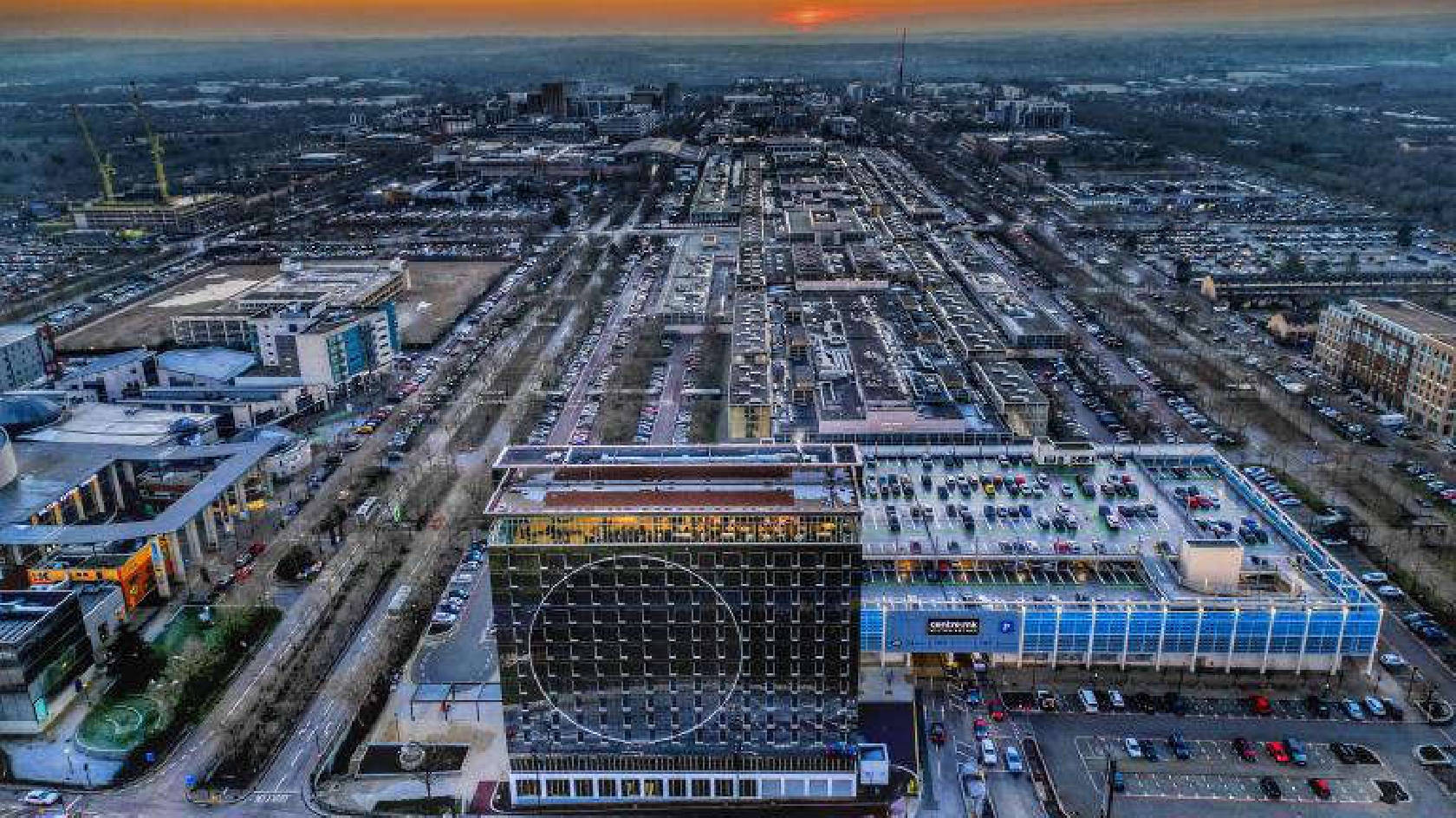
H1: The Rise of the ‘Second-City’ office: Why Tech Companies Are Moving Away from London.
In the past, only big cities like London could offer tech companies everything they needed. But nowadays, things are changing. Tech companies are moving away from London and setting up offices in smaller cities like Milton Keynes. Such tech companies may include a website development agency or an SEO Company in Europe. Nonetheless, all are expanding into smaller cities hiring remote teams rather than setting up their business in the heart of London.
There are several reasons for this – it's cheaper to employ people and set up shop in these areas, and there is an abundance of talented workers willing to work remotely. Additionally, the cross-border investment trend is gaining momentum, with many international companies investing in tech startups in London and neighbouring areas. So, if you're looking for a place to set up your tech company, don't rule out smaller cities – they may surprise you!
H2: Post-pandemic downsizing and lay-off trends across the world
Layoffs fuel the rise of the 'second-city' office in 2022, but this could be seen as an opportunity. Companies are going against the grain and opening physical offices to accommodate their expansion plans – it's a bold move that could pay off in the long term. Moreover, these companies are seeing beyond London and opting for the lesser-known cities around it, such as Milton Keynes.
In this post-pandemic landscape, tech companies are increasingly taking advantage of remote teams and setting up offices in small towns outside London. There's no doubt that this trend is growing in popularity. By having a base office in smaller cities, businesses can enjoy cheaper rent and overhead costs while having access to the same talent pools as in London.
H2: Outside investment and new players in the market
Cross-border investments have also been rising this year, with foreign direct investment into tech growing significantly in 2022. This influx of international funds enables many companies to develop their projects – be it a website development agency or an SEO company in Europe. Consequently, more and more businesses are setting up their headquarters in areas such as Milton Keynes – offering them a base of operations with access to local talent and resources.
The popularity of these 'second-city' offices is set to keep growing as the pandemic continues to affect business operations worldwide. With London being one of the most expensive cities to do business in, it's no surprise that companies are taking their projects elsewhere.
At the same time, tech businesses are also opting for remote working arrangements with teams spread across different locations – a trend made possible by the rapid advancements in the Internet and digital technology. But unfortunately, such trends cost startups and established firms even more.
H2: Advantages of doing business in small towns
The best way to cut costs and increase profits is by launching a business in the correct location. In addition, small towns often have lower overhead expenses, which can help new businesses get off their feet more quickly with less risk of failure because they don't need as much capital or competition from other established companies vying for market share.
The key here isn't just choosing an efficient place where you'll do all your work - it's also ensuring no significant competitors nearby could take away customers should things go wrong.
London is a metropolis where business owners must consider the cost of living when choosing their location. In addition, each employee will incur extra expenses like rent and transportation just because they work there. Still, it's different in small towns - companies can reach almost the same clientele online without paying so much for commercial leases or living costs per head compared with large cities' population density. In addition, the Internet offers scalability, while some big cities ensure the financial security, which may only be possible if you live close to any major hub city.
Small-town entrepreneurs can serve a population that wants their products but can't get them locally. This is especially true for millennials, who are online more than any other generation and rely on social media when it comes time to entertainment or news updates; as such, these people will likely find your business appealing if you're able to provide what's needed quickly enough--especially since some might not even live far away!















